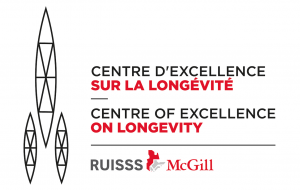Web-platform of the RUISSS McGill Centre of Excellence on longevity
Background
The current rate of population aging means that the early identification of illnesses and their potential consequences has become a significant public health issue. This early detection allows for adapted preventive and/or curative interventions and therefore the limiting of adverse outcomes on the health and quality of living of elderly patients suffering from these illnesses.
All individuals, young or old, can access these digital tools and use them to evaluate the state of their health. They come in need of advice and information, relative to the state of their health, so that they become truly involved, concerned and active. As developed by the Centre of Excellence on Longevity, the CESAM self-evaluation (Centre of Excellence on Longevity Self-administered questionnaire) is the first scientifically validated general and functional health self-evaluation tool made with elderly patients in mind.
The CESAM includes a general and functional health self-evaluation component and an intervention component, based upon the recommendations put forward after the automatic analysis of the answers to the different questions. It was conceived of to predict adverse health events and detect which elderly patients are most at risk of interrupting their care pathway, so that preventive interventions may be put in place.
Since its 2016 creation, the interest of the population at large and of the Centre of Excellence on Longevity’s partners with regard to the CESAM has grown consistently. As a way to offer free, universal access to the CESAM, it has been determined that a new version of the cloud-based platform would be developed, and optimized on the graphic and technical level.
This new version has allowed the public at large to gain access to the platform, with or without an existing account, through search engines, while allowing a greater flexibility in use for healthcare professionals.
On top of this technological redesign, the platform now includes new questionnaires promoting greater empowerment and more efficient methods for elderly persons to both take charge of their own health and to support the diagnostics made by healthcare professionals. These new questionnaires are concerned with well-being, quality of life, fall risk, mood and state of mind.
Objective
- To propose a free and high-performing health-related service to all involved audiences (elderly persons, caregivers, clinicians, healthcare and other professionals)
Prospect
To organize epidemiological monitoring aiming to predict pathological population aging and to put in place targeted early preventive measures with the help of a data-extrapolating algorithm relying on AI and artificial neural networks.
Partners
Akinox inc.
Code Lion
Support for Elderly Autonomy Program Directorate, CIUSSS West-Central Montreal
McGill TeleHealth



